Menu
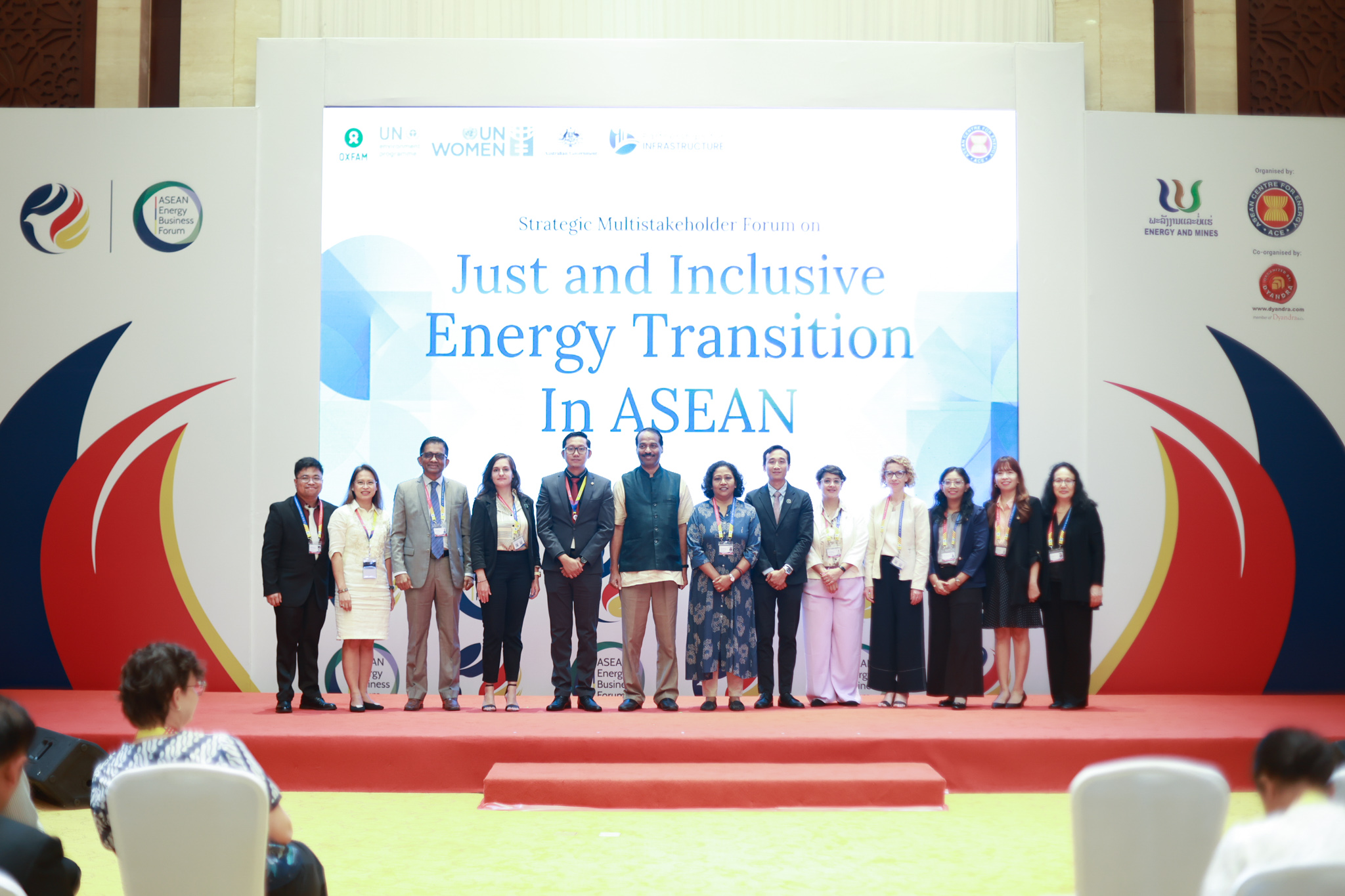
Photo 1. Group photo with the participants of the Strategic Multistakeholder Forum on Just and Inclusive Energy Transition in ASEAN
On Thursday, 26th September 2024, the ASEAN Centre for Energy (ACE) in collaboration with Oxfam, EmPower Project (by UNEP and UN Women), and Partnerships for Infrastructure (P4I) held a Strategic Multistakeholder Forum on Just and Inclusive Energy Transition in ASEAN as part of parallel session at the 24th ASEAN Energy Business Forum (AEBF-24) which was hosted in Vientiane, Lao PDR. The quadruple helix in the energy sector—government, industry, academia, and Civil Society Organisations (CSO)—joined hands in this event to explore the strategies to ensure a just and inclusive energy transition in ASEAN as it develops the next phase of ASEAN Plan of Action for Energy Cooperation (APAEC).
The Strategic Multistakeholder Forum on Just and Inclusive Energy Transition in ASEAN marked a significant step forward in regional efforts to address the complex challenges of shifting to a sustainable energy future. By bringing together diverse voices and promoting cross-sectoral collaboration, the forum laid the groundwork for a comprehensive and inclusive approach to energy transition in the ASEAN region. This vision also further reflected in the same day, when the 42nd ASEAN Ministers on Energy Meeting (AMEM) officially endorsed the theme “Advancing Regional Cooperation in Ensuring Energy Security and Accelerating Decarbonisation for a Just and Inclusive Energy Transition” for the next phase of APAEC (2026-2030).
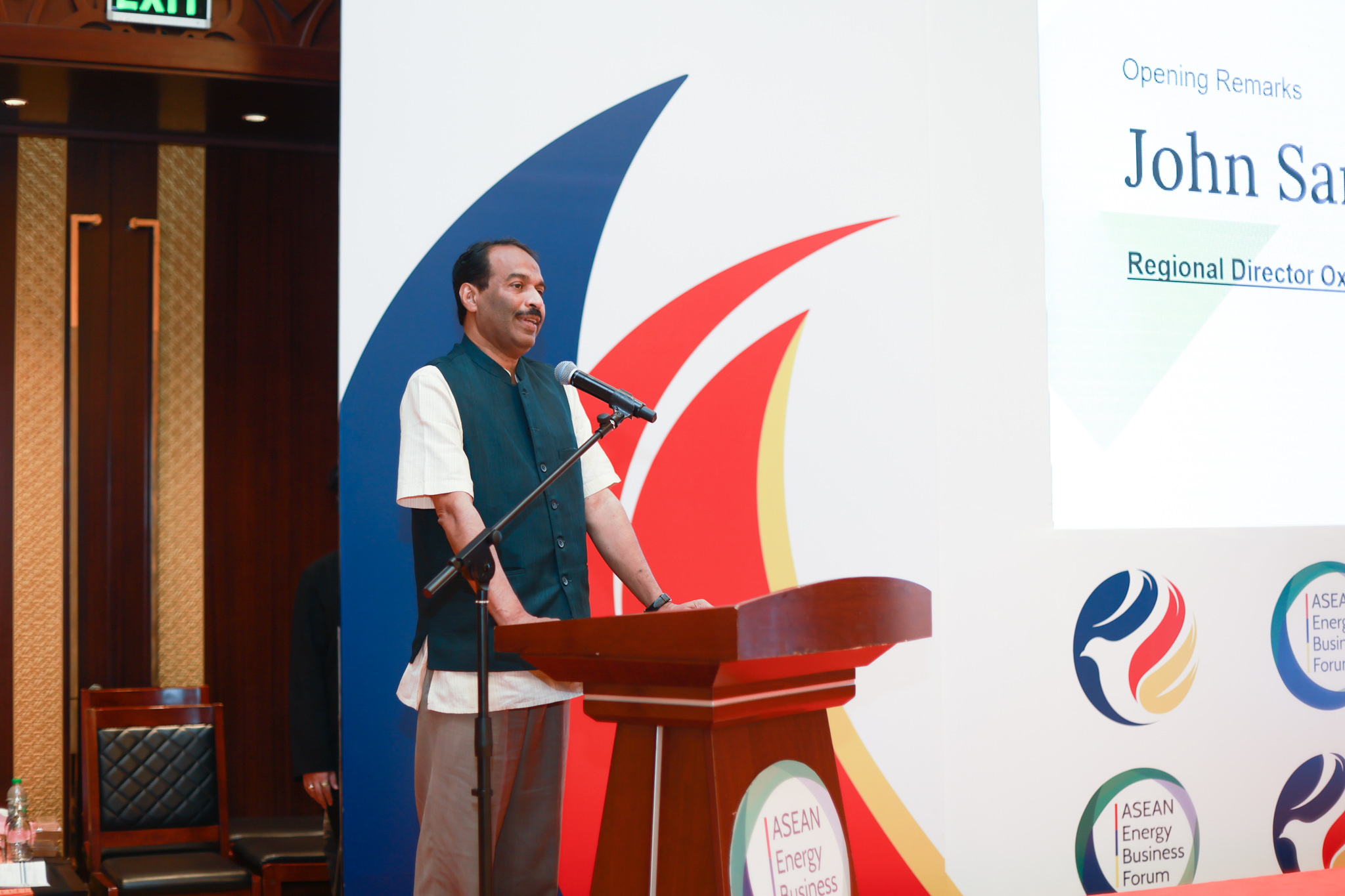
Photo 2. John Samuel, Oxfam in Asia’s Regional Director, delivering opening remarks.
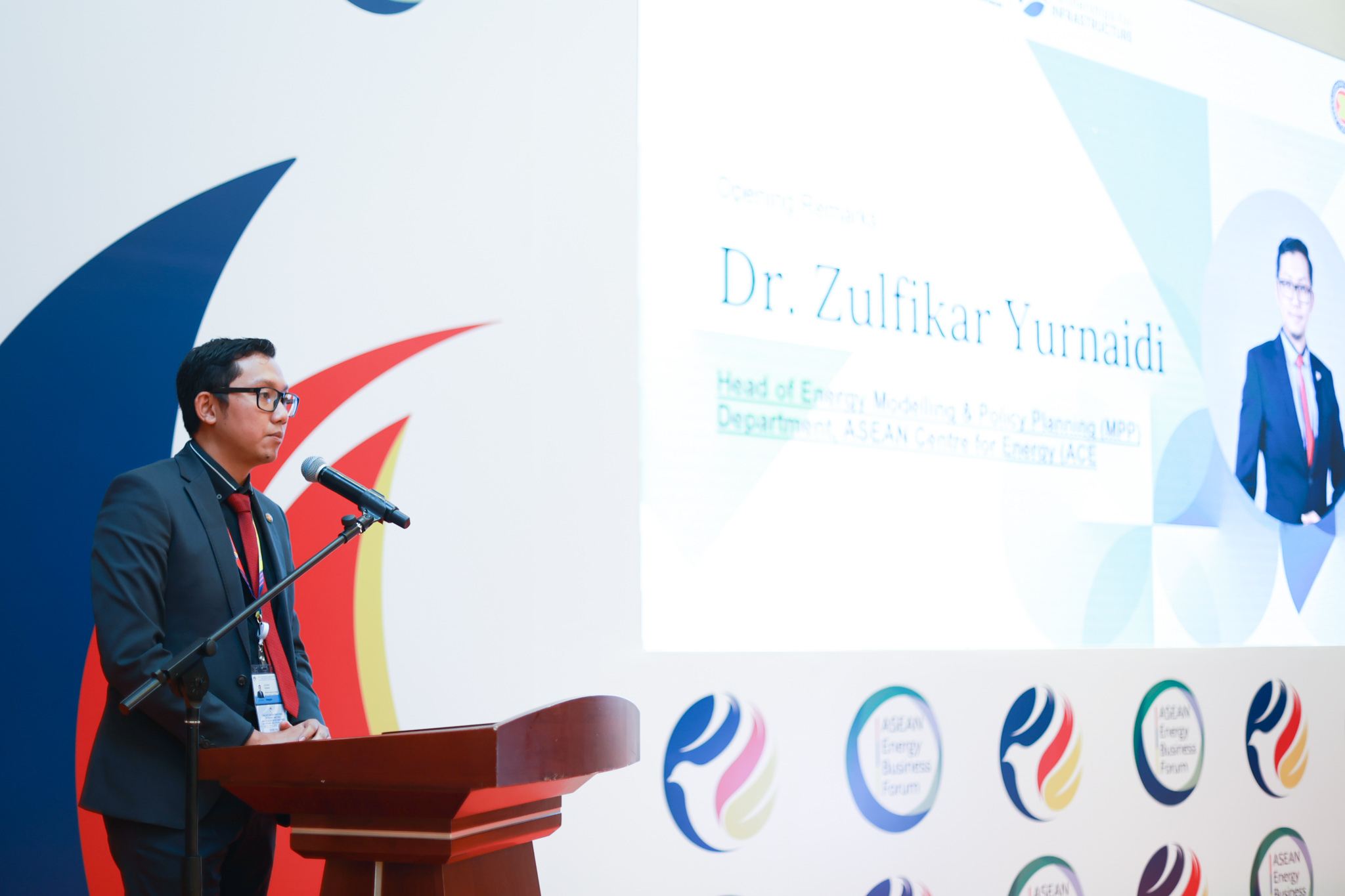
Photo 3. Dr Zulfikar Yurniadi, Head of Energy Modelling and Policy Planning (MPP) Department at ACE, delivering opening remarks.
The forum commenced with opening remarks from John Samuel, Oxfam in Asia’s Regional Director, who highlighted how creating a just energy transition policy with equal decision-making is now a priority. He mentioned the four requirements to make it possible: the root principles of energy transition, involvement at the grassroot level, effective technology transfer, and financing. His statement was then reiterated in the opening remarks from Dr Zulfikar Yurnaidi, Head of Energy Modelling and Policy Planning Department at ACE. Dr Zulfikar mentioned the many challenges ASEAN will face in the effort of transforming into greener energy, therefore there is an urgency to foster awareness and dialogue in creating a just and inclusive energy transition.
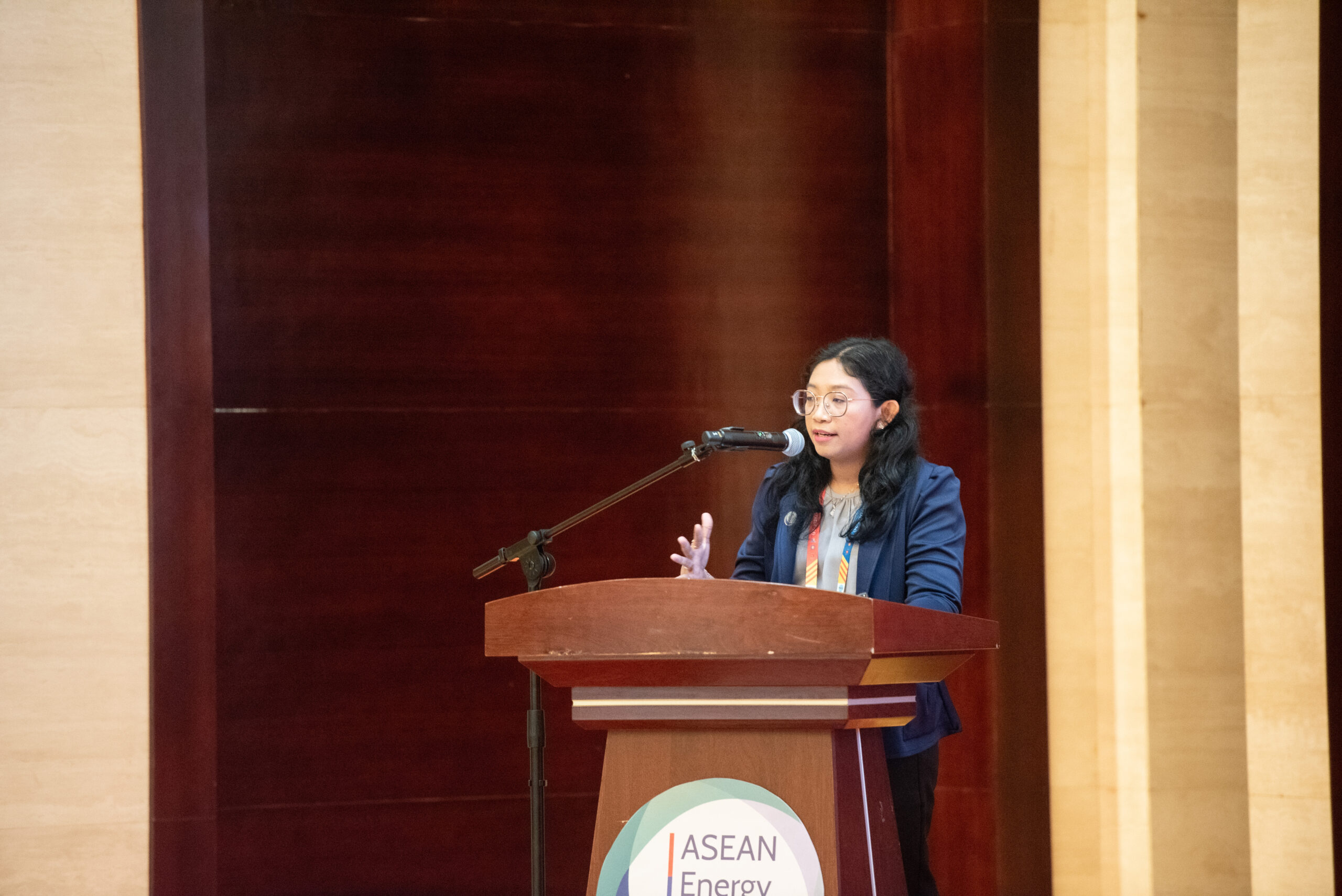
Photo 4. Rika Safrina, Senior Analyst of MPP Department at ACE, introducing a framework of Just and Inclusive Energy Transition for ASEAN policy and planning
The next session is the soft launch presentation of ACE’s study on just and inclusive energy transition─the first of its kind by ACE, presented by Rika Safrina, Senior Analyst of MPP Department at ACE. She introduced a framework of Just and Inclusive Energy Transition for ASEAN’ policy and planning, which soon-to-be published as a report with title of “A Guide for a Just and Inclusive Energy Transition in ASEAN,” supported by Oxfam. She also underscored recommendations for ASEAN through released policy brief on “Mainstreaming Gender in ASEAN Energy Policy and Planning,” supported by the EmPower Project—UNEP and UN Women. This sets the scene for the following in-depth discussion with experts in the panel sessions, which were co-organised by the partners.
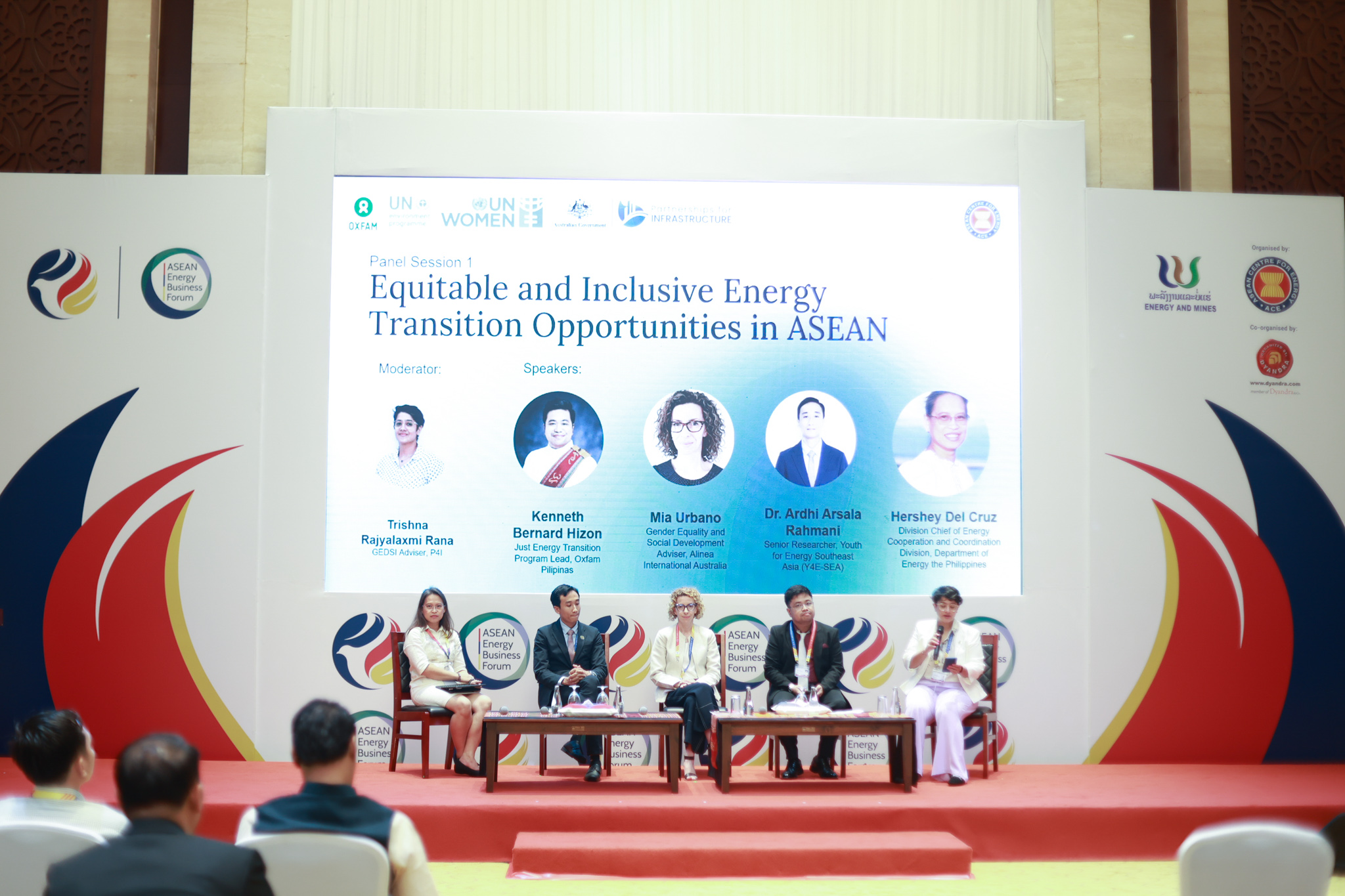
Photo 5. (Left-Right) Hershey Dela Cruz, Division Chief of Energy Cooperation and Coordination Division, Department of Energy Philippines; Dr Ardhi Arsala Rahmani, Senior Research Officer at the Youth for Energy Southeast Asia (Y4E-SEA); Mia Urbano, Principal Consultant at Alinea International; Kenneth Hizon, Just Energy Transitions Program Lead from Oxfam Pilipinas; and Trishna Rana, a GEDSI Adviser at P4I during the first panel.
The first panel, bringing the theme of “Equitable and Inclusive Energy Transition Opportunities in ASEAN,” was moderated by Trishna Rana, a GEDSI Adviser at P4I. This session focused on maximising the positive social impacts of the energy transition through several aspects from each of four panels’ expertise. Kenneth Hizon, Just Energy Transitions Program Lead from Oxfam Pilipinas, discussed on the impact of climate-related energy disruptions to communities. Mia Urbano, Principal Consultant at Alinea International shared her insights on the initiatives and strategies that can be prioritised in order to minimise the disadvantage they face in the energy transition. In this session, Dr Ardhi Rahmadi, Senior Research Officer at the Youth for Energy Southeast Asia (Y4E-SEA) also had the opportunity to elaborates on his recent youth-focused research, “Assessing ASEAN’s Readiness for a Clean Energy Transition.” Then, it was closed with Hershey Dela Cruz as a Division Chief of Energy Cooperation and Coordination Division, Energy Policy and Planning Bureau, Department of Energy Philippines, who explained the government’s role in up-skilling workers in order to have just and diverse workforce landscape.
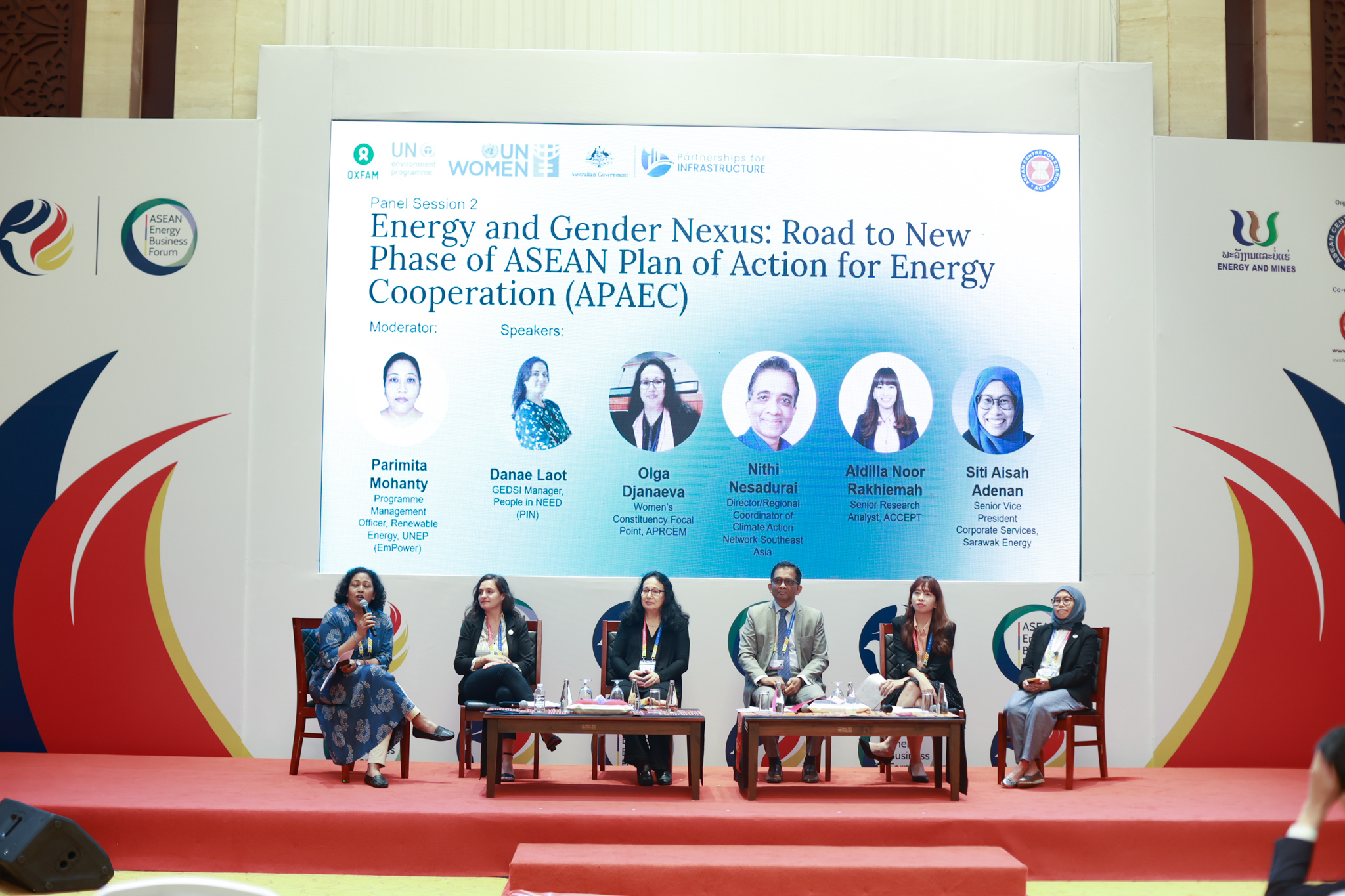
Photo 6. (Left-Right) Parimita Mohanty from UNEP; Danae Laot, GEDSI Manager at People in Need (PIN); Olga Djanaeva, Women’s Constituency Focal Point, AP-RCEM; Nithi Nesadurai, Director/Regional Coordinator of CANSEA); Aldilla Noor Rakhiemah, Senior Research Analyst of Power, Fossil Fuel, Alternative Energy and Storage (PFS) Department at ACE; and Siti Aisah Adenan, SVP Corporate Services of Sarawak Energy during panel two.
The second panel session brought the theme “Energy and Gender Nexus: Road to New Phase of ASEAN Plan of Action for Energy Cooperation (APAEC)”. Moderated by Parimita Mohanty from UNEP, the panels covered the gender mainstreaming within the APAEC from several point of views. The discussion started with Aldilla Noor Rakhiemah, Senior Research Analyst of Power, Fossil Fuel, Alternative Energy and Storage (PFS) Department at ACE, who gave a brief overview and key findings from the APAEC Policy Brief, continued by discussion on the importance of multistakeholder forums to raise gender-energy nexus awareness. Then, Olga Djanaeva, Women’s Constituency Focal Point, AP-RCEM and Nithi Nesadurai, Director/Regional Coordinator of CANSEA shared the successful practices of bottom-up approaches to increase gender representation in energy decision-making. Danae Laot, GEDSI Manager at People in Need (PIN) shared her experience to support women in Cambodia in overcoming financial and technology barriers by promoting green solutions and providing inclusive financial support in rural areas. Siti Aisah Adenan, SVP Corporate Services of Sarawak Energy gave a point of view on ensuring gender-diverse workforce in a clean energy service industry. The session also included a fireside chat with the audience and was closed with concluding remarks.
The forum concluded with a strong call for increased regional cooperation. Stakeholders emphasised that ASEAN countries need to work together to leverage shared resources and expertise, particularly with people-centric approach. Collaborative efforts will be essential in accelerating the shift toward renewable energy while ensuring that no community is left behind. As ASEAN continues to chart its path toward a sustainable energy future, forums like this play a crucial role in fostering dialogue, building partnerships, and driving action.
Access and read our launched Policy Brief on Mainstreaming Gender in ASEAN Energy Policy and Planning at https://aseanenergy.org/publications/mainstreaming-gender-in-asean-energy-policy-and-planning/.
